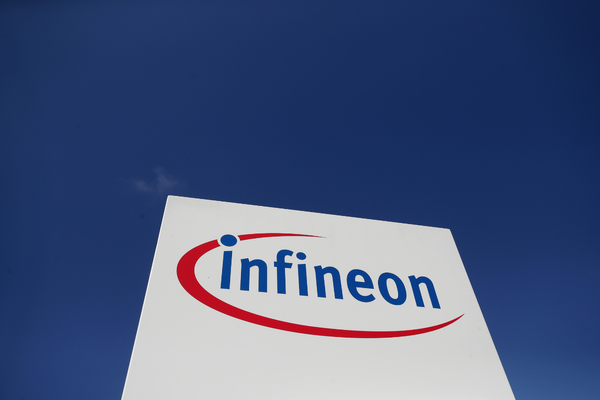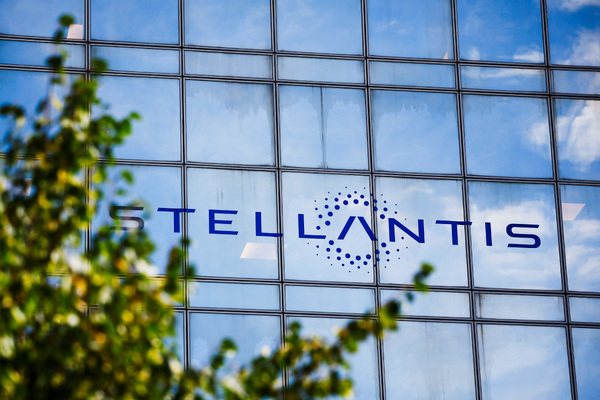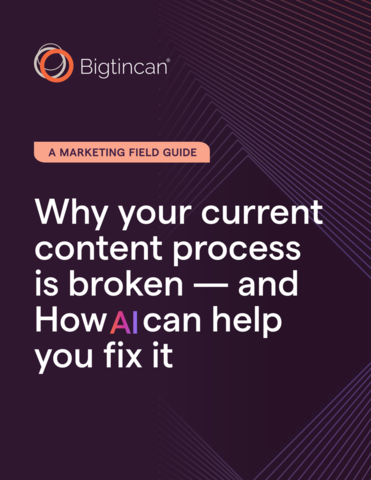The race for AI leadership

Liza Tullidge at Netā explains why expedience is the real risk when it comes to the global AI race and the UK’s intent to position itself as a leader
"The demon in this story is expedience." — Michael Lewis
That quote rings truer than ever as the world races to lead in artificial intelligence. The AI revolution presents an opportunity unlike any before—one that nations, including the UK, are eager to capitalise on. But history has shown time and again that the biggest risks don’t come from the technology itself, but from how recklessly we push it forward.
The global AI race is in full force, with developments like China’s DeepSeek capturing global attention. The UK is vying to position itself as a frontrunner, but with that ambition comes a choice: Do we pursue AI leadership at any cost, or do we build something resilient—balancing progress with responsibility?
AI governance shouldn’t block innovation, but ensure it is paired with foresight. This may slow progress, and it should. Instead of a runaway freight train headed for a collision, we should build a well-engineered bullet train—exceedingly fast, yet within control.
When industries move at breakneck speed, they cut corners and sacrifice long-term value. The tradeoff is stark: moving at 100% and damaging the environment, society and our own investments, or progressing at 94% whilst reaping the long-term benefits of sustainable growth and miminised collateral damage. The recent $1 trillion wipeout in US tech stock value serves as a warning—had investors prioritised intention and awareness over single expansion, might they have unlocked more innovation and long-term gains?
The hidden cost of moving too fast
History has repeatedly shown that prioritising speed over stability has far-reaching consequences. Unchecked growth spills over into financial instability, environmental damage and societal costs that compound over time.
The Industrial Revolution is a case in point. Industries rushed to maximise output, disregarding environmental and public health impacts. The unchecked reliance on fossil fuels led to pollution and deforestation, while rapid urbanisation created overcrowded, unsanitary conditions, exacerbating disease and worker exploitation. While it fuelled economic growth, it left behind environmental and structural challenges that took centuries to address.
The 2008 Global Financial Crisis offers another warning. Financial institutions prioritised rapid expansion through complex mortgage-backed securities, bypassing essential safeguards in pursuit of short-term profits. The result? A financial meltdown that erased trillions in value, collapsed major institutions and forced governments into costly bailouts.
The reckless drive for growth without proper risk assessment didn’t just damage the financial sector—it destabilised entire economies.
Now, AI stands at a similar precipice. Governments and businesses are pouring billions into development, but how much of that investment is matched by careful oversight? Are we proactively assessing vulnerabilities, or are we setting ourselves up for failures that will cost exponentially more to fix?
The urgency to lead in AI cannot come at the expense of responsibility. We must ask ourselves: Do we want to be a leader by making the most money, or by creating long-term, sustainable value?
Unchecked capitalism and the AI reckoning
In the tech world, the mantra has long been "fail fast, apologise later." This approach has fueled rapid innovation, allowing companies to iterate quickly. But when it comes to AI—technology that will underpin economies, infrastructures and societies—this mindset carries enormous risks if applied without guardrails.
"Move fast and break things" is an effective strategy for refining ideas and developing code. But applied at scale, it has real-world consequences for lives, livelihoods and societal structures.
A real-world example of unintended consequences can be seen in Caroline County, Virginia, where authorities permitted a million gallons of water per day to be pumped from a river without requiring it to be returned. This decision has raised concerns about ecosystem disruptions, changes in water salinity and long-term availability for local communities. It serves as a cautionary tale of how critical infrastructure decisions can have lasting environmental and societal repercussions when made without holistic planning.
This isn’t just an AI problem—it’s a governance problem. If AI is to become an integral part of our economies and infrastructures, then leaders must ensure that neither capitalism nor technological innovation run unchecked. AI cannot simply be a race to dominance; it must be a race to durability. The "fail fast" approach cannot apply to systems that, once embedded, may be impossible to unwind without widespread disruption.
The future we choose to build
AI holds immense promise, but also immense risk if we fail to learn from history. How we proceed will determine whether AI becomes a force for sustainable progress or a source of avoidable chaos.
The reality check here is that the UK won’t be the leader in AI. They’re never going to outspend the US or be more singularly focused than China. So maybe our opportunity is to be the leader of Sustainable AI. We may not be first, but we can be intentional. We must demand that AI development be subject to the same rigorous governance as any major business decision, ensuring we aren’t just chasing short-term wins but establishing a system that lasts.
History will not look kindly on those who ignored the warning signs in the name of expedience. The question isn’t whether we should push forward with AI—it’s whether we will do so with intelligence, responsibility and the foresight to build something that endures.
Liza Tullidge is CEO and Founder of Netā, where she focuses on helping executive teams adapt to an evolving business environment
A version of this article was originally published on LinkedIn. Main image courtesy of iStockPhoto.com and PhonlamaiPhoto

Business Reporter Team
You may also like
Most Viewed
Winston House, 3rd Floor, Units 306-309, 2-4 Dollis Park, London, N3 1HF
23-29 Hendon Lane, London, N3 1RT
020 8349 4363
© 2025, Lyonsdown Limited. Business Reporter® is a registered trademark of Lyonsdown Ltd. VAT registration number: 830519543





